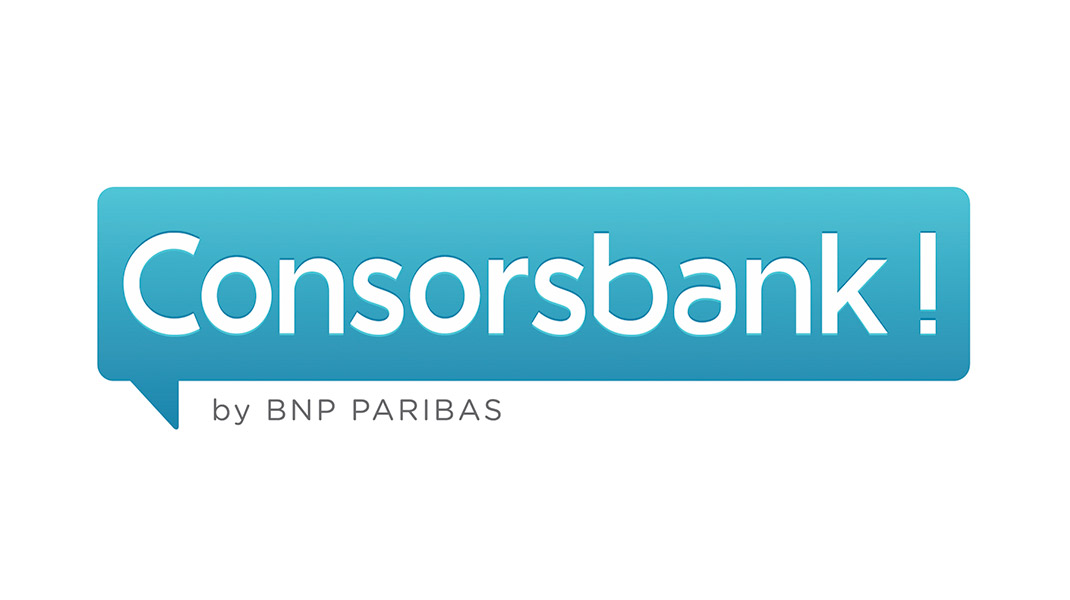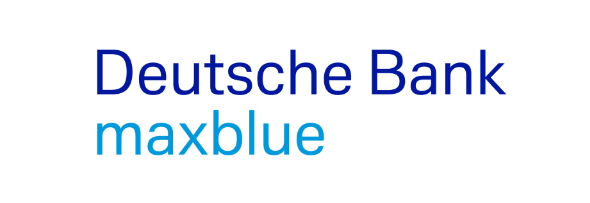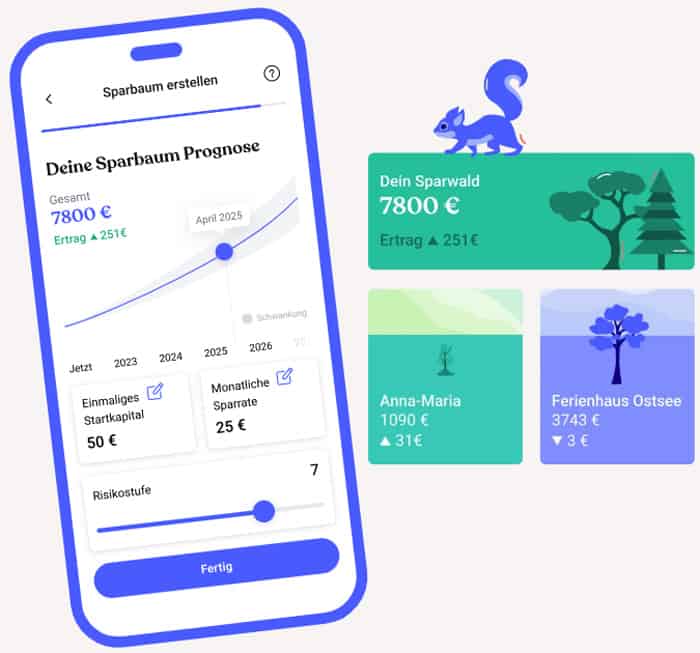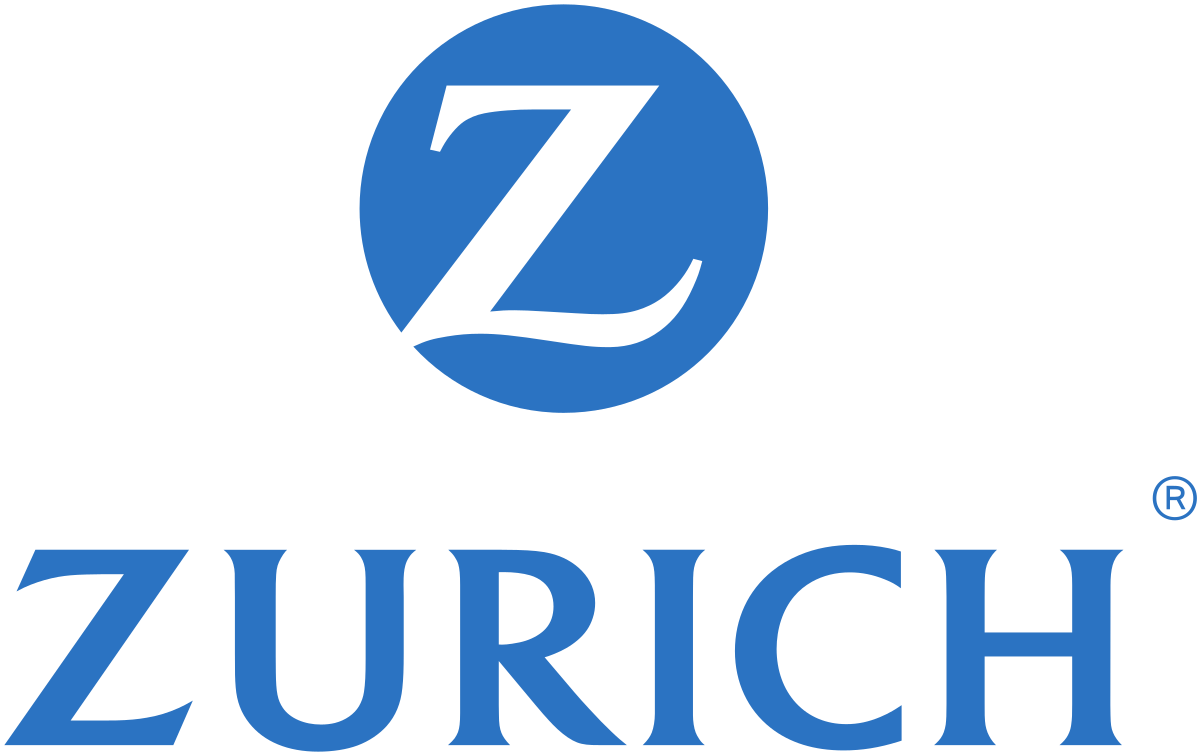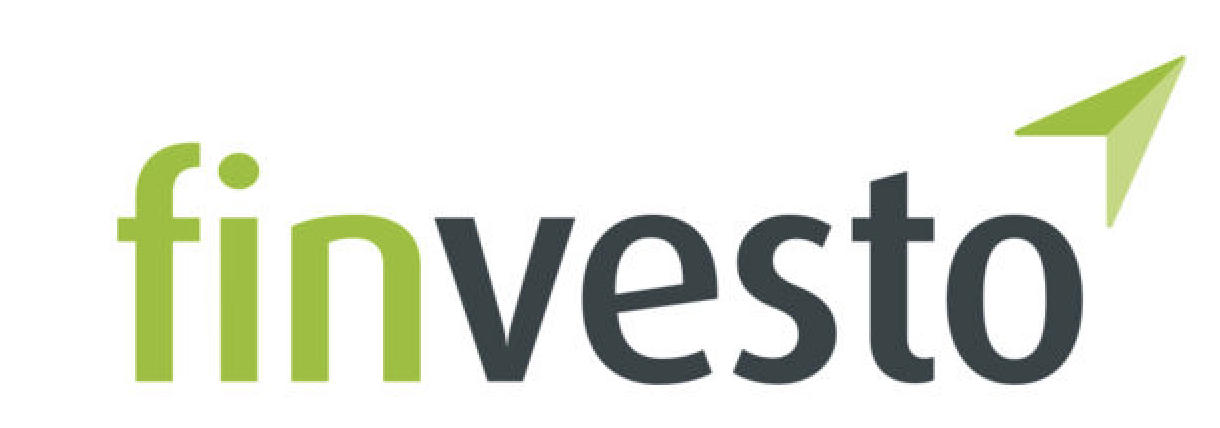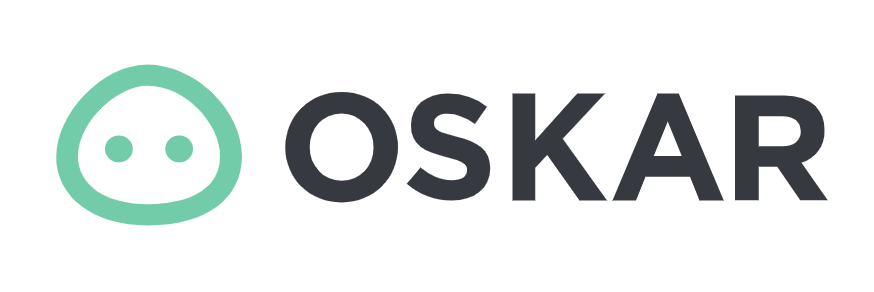Junior Depot Comparison 2024: Find the Best Provider Now!
Ensure your child's financial future today by investing money early on. In our comparison, we thoroughly examine all Junior Depot providers to help you make an informed decision.
ETFs, funds & stocks: An overview of investment options
Through a Junior Depot, you can invest in funds, ETFs, and individual stocks.
Funds are investment vehicles that bundle multiple individual values, providing some risk mitigation: even if individual values drop, the overall value remains fairly stable.
ETFs (Exchange-Traded Funds) are also funds. They directly or indirectly replicate a securities index. ETF Junior Depots have the advantage that generally only solid values are included in these indices.
The most well-known form of investment is stocks – shares in a single company. In the long term, they offer good return prospects, though they can also be subject to significant value fluctuations.
Opening a Junior Depot for children: It's that simple
A Junior Depot can be opened in just a few steps. First, fill out an application with the provider of your choice. This can be done either in a bank branch or online. The application must be signed by both guardians. In addition, the guardians must identify themselves either on-site or online via the PostIdent procedure and present the child’s birth certificate. During the depot opening, you can also include a power of attorney for grandparents and other family members if they wish to save on behalf of the child. Once all documents are submitted and your identity is confirmed, the welcome documents will be sent to you by post.
Fees and costs comparison
As part of our children's depot comparison, we also examine the financial aspect since costs and fees vary from provider to provider. Many banks and brokers offer children's depots at reduced fees, while others even provide Junior Depots for free. The following costs can be incurred with depots:
- Account management fees: fees for managing the depot
- Transaction costs: costs incurred when buying or selling securities
- Costs for Funds and ETFs: Management fees that arise when holding funds or ETFs (these are directly deducted from the fund assets)
- Other Costs for Additional Services: Such as personal consulting or sales charges for funds
Children's Depots Tested: What Should I Consider?
With our Junior Depot Test, we aim to provide you not only with a comparison of providers but also with legal information.
Who is Allowed to Invest Money for the Offspring?
The Junior Depot can only be opened by the legal guardians, as they must prove legal representation with a birth certificate, ID, etc. However, grandparents, aunts, uncles, and many more can also invest money. Both relatives and acquaintances can transfer money to the settlement account, thus increasing the savings for your child.
Whose Money is the Invested Funds?
When you open a Junior Depot, you do so in your child's name. This means that the money saved in the depot belongs to your child but is only available to them from the age of 18. Until then, the assets may not be spent – neither by the child nor by the legal representatives. Therefore, only invest money that you do not need in the long term or that your child receives as a gift.
The legal guardians manage the money until the child reaches adulthood and commit to investing it in the sense of economic asset management (§ 1642 BGB). This means they should avoid investments with high loss risks, such as speculative options trading.
Savings Count Toward BAföG: All You Need to Know About the Allowance
If your child decides to pursue higher education or vocational training in the future, they might be eligible for BAföG, a form of student financial aid in Germany. In such cases, your child may need to use a portion of their savings before they can receive state assistance. This could mean that your child would incur no or significantly less debt that needs to be repaid. Since 2023, the allowance amount has been set at 15,000 euros.
If your child is still very young, you should not worry about potential BAföG funding yet. After all, legal requirements may change over time.
Junior Depot or Standard Depot: Which is the Better Choice?
If you prefer not to open a depot in your child's name, you can alternatively opt for a standard depot that is in your name. In this case, the assets belong to you, not your child. You can transfer the depot assets to your child at any time and almost always tax-free through a gift. Legally, children can receive up to 400,000 euros tax-free from each parent within a 10-year period.
Advantages
- High return opportunities
- Mostly free depot management
- Favorable conditions
- Tax benefits (no capital gains tax on interest and dividends)
- Easy opening process
- No detailed stock market knowledge required
- Funds and ETFs diversify the risk
- Flexible buying and selling of shares
Disadvantages
- Fewer providers compared to standard depots
- Limited disposal options
- Potential impact on BAföG eligibility
Compare providers now and discover the test winners!
Junior depots are an effective way to start planning for the financial future of your children early on. Providers such as Sparkasse, ING DiBa, Comdirect, Consorsbank, and others allow parents to choose from a wide range of options. Thanks to our junior depot comparison, you can compare all providers and choose the most suitable offer for you.
Take the first step towards financial security now and discover the best junior depots in comparison! – Your child will thank you.




